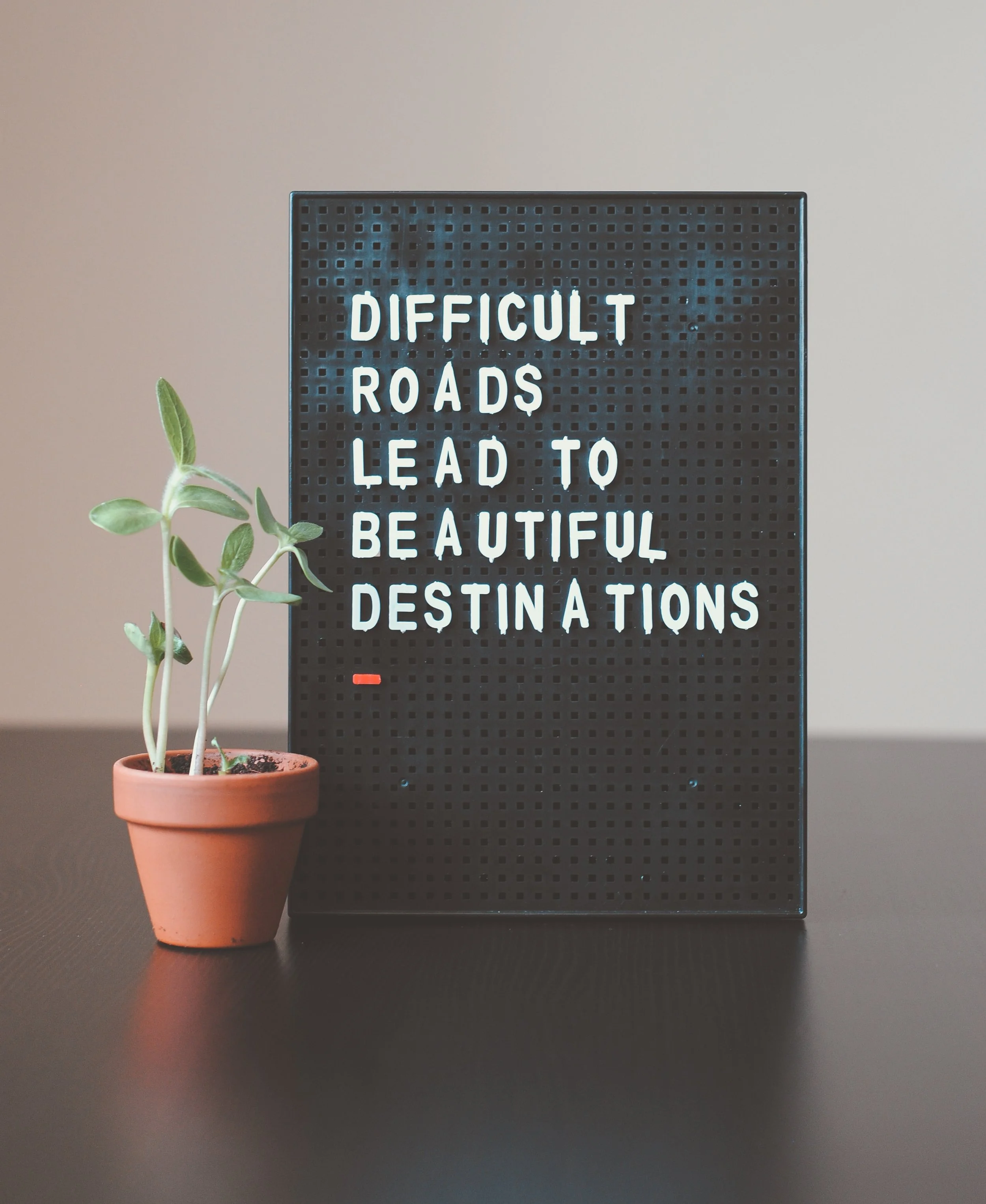The Crucible
Picture a loved one. Bring them to mind. Think about this, if you truly love them would you want them to feel bad towards themselves? Probably not, so why don’t you apply that to yourself? “What are you talking about?” I perhaps hear you say in your mind…Well, it’s likely that at some level, (mostly subconscious), that you dislike yourself and it’s very much worth finding out why and what to do about it…..
So why do we self-loathe?
Well, one of many intersectional and systemic things is that we exist in a hierarchical society. There is superior and inferior. Some of it is required and practical for a healthy operating system, but most of it is oppressive and unhealthy. And we are all vying for control in some way shape or form, listening to our inner headmaster shouting endless bad advice about what will happen if we step out of the well-worn line. We build walls within and around us and most of it leads to individual, (and therefore), societal separation.
What’s more, it embeds such deeply unhelpful and pervasive mental practice. We can find ourselves with anyone, and not realise that we are subconsciously, (and automatically), starting to compare ourselves with them, putting ourselves up or down in a flash. You are more attractive, but I am less heavy. You wear nicer clothes, but too much make-up. You use words I don’t understand, but your accent is common, on and on, a subconscious trance of unworthiness. Such internalised aggression towards ourselves! It’s pervasive and any judging of self or others reduces connection and inhibits our kindness and gratitude. It is the root of all bigotry.
So how can we not take it so personally?
To be intimate and knowledgeable of how the self is built up over time is critical. Understanding the process of what has happened to you helps you to see that what is “you” didn’t start out as “you”. You have integrated your past, (both personal and inter-generational), your experiences, and the societal conditioning, and believed that you are what has been created. But if you can see that you “have” this rather than you “are” this is the first helpful stance in de-conditioning self-loathing. So if we understand this, we can see that there is nothing to forgive ourselves for. You have done nothing wrong. You just didn’t know what was happening and how it was happening to you.
We need to have safety to start discussing this so that we can be more knowledgeable about it and start dealing with it. Because any guilt and shame, conscious or otherwise, will further separate us from ourselves and others. Until we can admit that it’s happening, we don’t have a chance to go beyond it, and harvest all of the abundance this unlocks for ourselves and the world around us. We have to reach a point where we personally don’t feel bad for who we have become, as much as it will be difficult and often painful to reach that point.
In short, realising that you don’t like yourself and that you don’t like others is the beginning of starting to be able to like yourself and be totally inclusive and loving of others.
In time with practice, we start to see that what we believed about ourselves is not who we are at our deepest essence. Society and my subconscious have added this onto me, it is the air I have been breathing all this time, of course I was going to end up like this. Once we accept this, we can start to move past it.
The Crucible. Where the heat of being burns away everything you are not.
When we go into safe spaces to discuss all of this, we realise just how much we don’t want to feel bad about ourselves.
A competent counsellor/coach or group understands this from the start. Waking up to our own choices isn’t easy as we can take things personally rather than realising how it has come about. So, there will be times in the discussion, (when we are truly present), when we have to live with feeling deeply uncomfortable. We will have to endure what is hard to endure if we really want to build the bridges and reconnect and understand the truth of “oneness” with ourselves and therefore with others. We have to be willing to be uncomfortable. This is the heat of the crucible, the required heat for both transformation and healing.
In a well-prepared “crucible” there’s enough kind intention there to stay with each other through the tough parts. The tough parts where you don’t like yourself, and you don’t like the others around you. Can the group speak about everything from a place of kindness and empathy? Can they navigate the hurt with honesty and caring, developing the deep trust and connectivity that comes with it? The group has to have the deep intention to be willing to endure, while always being a place from which anyone can turn away and be welcomed back, without them hating themselves for it.
It must have a commitment to helping each other to see and understand what we can’t see.
Whether we choose through processes such as the crucible, or whether we are forced to achieve it through adversity, this is the path to uprooting self-loathing. This in turn fixes our own inner disconnect, birthing our full potential, and allowing healthy and accurate empathy for all others and the world around us to flourish.
Let’s not be frustrated anymore, it’s all an inaccurate story we are being told, believing, and probably telling ourselves. Let’s look for true clarity and find the intention and will to fix our deepest inner disconnect.
—
Andrew.
